- Expert advice/
- Wedding planning 101/
- Legal/
- How to Get a Marriage License in Louisiana
- Legal
How to Get a Marriage License in Louisiana
With a little help from Zola, getting your Louisiana marriage license has never been easier.
Last updated February 5, 2024

The First Look ✨
- To obtain a Louisiana marriage license, one partner needs to apply in person at any parish clerk of court office. However, for those looking to be married in the city of New Orleans, a license must be obtained from the Orleans parish.
- After receiving your Louisiana marriage license, you’re required to wait at least 24 hours before getting married. The license must be used before its expiration date, which occurs 30 days after the date of issuance.
- Marriage licenses must be signed by the couple, their officiant, and their two ceremony witnesses.
- To reduce the risk of inclement wedding day weather, avoid setting a wedding date during Louisiana’s hurricane season, which runs from the start of June to the end of November.
In the midst of scouring over Pinterest wedding boards and fielding phone calls from all your mom’s friends about wedding details, don’t forget about one of the most important items on your wedding to-do list—applying for your marriage license.
It may not sound as appealing as taste-testing wedding cake flavors or trying on elegant outfits, but it’s the pre-wedding task that will ensure that you and your future spouse can legally be married on the big day. For those lucky enough to be married in the charming state of Louisiana, this guide will provide you with all the Louisiana-specific marriage license requirements that you’ll need to know, as well as helpful tips for throwing an unforgettable Louisiana wedding.
Louisiana Marriage License Application Process
Getting a Louisiana marriage license breaks down to a few simple steps:
- You and your partner will visit the marriage license office at your parish’s county clerk’s office (unless you’re getting married in New Orleans, in which case you must visit the Orleans parish marriage license office).
-Ensure these important documents are included in your courthouse wedding checklist:
-
A current driver's license, current state ID, or passport
-
A certified copy of a birth certificate or a certified birth card for both parties
-
A passport with an I-94 form, if one of you is from outside the United States
-
The social security number of each partner
-
A certified copy of divorce decree or certified copy of death certificate of former spouse, if either of you has been divorced or widowed
-
Cash, check, or money order to pay for the marriage license fee (the cost varies from parish to parish), plus five dollars for each certified copy of the marriage record.
-
Wait 24 hours for the license to become usable. Use the license within 30 days of issuance.
However, there are slight differences in these steps depending on which marriage license you’re applying for: covenant or traditional.
Covenant and Traditional Licenses
In Louisiana, there are two types of marriage licenses available—traditional marriage licenses and covenant marriage licenses. While a traditional marriage license legally binds you with your future spouse, a covenant marriage adds a few extra stipulations.
Fundamentally, a covenant marriage license makes obtaining a divorce more difficult than for those traditionally married. In fact, with a covenant marriage, the couple legally agrees to seek marital counseling if problems arise during the marriage, and can only apply for a divorce if they can provide proof of any of the following issues:
- Adultery
- Felony
- Abuse (of spouse or child)
- Separated living arrangements for at least two years
To apply for a covenant marriage license, both you and your partner must be present and sign a declaration of intent witnessed by a notary public. This type of marriage license also requires additional premarital counseling, as well as a signed affidavit.
To obtain a traditional marriage license, you and your partner can visit any parish-level clerk of court office in Louisiana, and complete an application in person. However, if you plan on getting married in the city of New Orleans (a popular choice for both Louisiana residents and non-residents alike), you’ll need to obtain your license from the Orleans parish. Marriage licenses for this parish are handled by the state registrar of vital records in downtown New Orleans.
If you’re not sure where you plan to officially say “I do” in Louisiana, you’re not alone. Choosing the perfect venue for your big day is an important decision. At Zola, you can narrow down your options by searching through our pre-screened wedding venues based on your budget, style, and capacity needs. Once you find your venue soulmate, you’ll have a better idea of where to apply for your marriage license.
Regardless of which type of license you apply for, and which parish you obtain it from, you’ll receive your license the same day you apply for it. But, that doesn’t mean that you can race down the aisle just yet. In Louisiana, you need to wait 24 hours before you can use a marriage license to be legally married.
Exceptions to this waiting period can occur if:
- A judge waives the waiting period for Louisiana residents who request it.
- An officiant waives the waiting period because they’re a registered Orleans parish officiant, the ceremony is taking place in the Orleans parish, and the happy couple both reside outside of Louisiana.
Application Requirements
To apply for your Louisiana marriage license, both you and your partner should be present at the clerk of court office. However, if one of you is unable to apply in person, you’re able to apply as an absentee with a properly notarized application (as long as one of you—either you or your spouse-to-be—is physically present at the office).
For members of the armed forces who are unable to apply in person, their future spouse can complete the application on their behalf. All they need is a photocopy of the military ID, along with the standard application documents.
These documents include:
- Certified copies of your birth certificates
- Acceptable forms of photo ID, which include driver’s licenses, state or federal issued ID cards, passports, or visas with form I-94
If either you or your partner was previously married and divorced, you’ll also need to provide a certified copy of a divorce decree. If either of you were previously married and widowed, you’ll need a certified copy of the deceased’s death certificate.
Other information you’ll want to have on hand when applying for your Louisiana marriage license includes your current residence, highest level of education completed, social security number, and both parents’ birth names and birthplaces.
Before you head to your clerk of court office, you’ll also want to be sure that you have cash, a credit card, or a check to cover your application fee. In Louisiana, applying for a marriage license costs between $25 and $40, depending on the parish where you apply.
Although blood tests were previously required to apply for a marriage license in Louisiana, this prerequisite was abolished on July 18, 1988.
Frequently Asked Questions About Marriage Licenses in Louisiana
With all the pre-wedding tasks already flooding your wedding to-do list, it’s easy to become confused by the specific legal requirements that you also need to handle before you can walk down the aisle (at least, before you can legally walk down the aisle).
To help clarify Louisiana’s marriage license requirements and conditions, take a look below at our answers to some of the most frequently asked questions about marriage licenses in Louisiana.
When Should I Start Applying for my Marriage License in Louisiana?
Because Louisiana imposes a 24-hour waiting period between receiving your marriage license and using your marriage license, we recommend allowing yourself at least one day before the big day to apply. While this wedding planning timeline should allow for a 24-hour period between receiving your application and holding your ceremony, the closeness may feel a little too risky for some. If there are any unexpected delays with your application, or if you forget a necessary application document, you may not have your license in time for your ceremony.
To allow yourself time to bask in pre-wedded bliss and relax before stepping into married life, we suggest applying for your marriage license at least a week before your marriage. In fact, you can apply up to 29 days before your wedding day. However, you don’t want to wait any longer than this, as Louisiana marriage licenses expire 30 days after issuance.
If you’re looking for something to calm those pre-wedding jitters in the 24 hours between applying for your license and receiving it, try searching Zola.com. In fact, you can check out our custom wedding photo albums to decide which one is the best fit to hold all your wedding day memories. With various options for details, such as text foil embellishments, paper type, and cover material, you can create a stunning keepsake that captures the essence of your wedding day and ensures that your photos stay in pristine condition for years to come.
Why Is There a Waiting Period After Receiving a License?
While a waiting period may seem strange, many states impose one. This helps ensure that both parties of the happy couple are committed to the idea of getting married, and that the marriage wasn’t an impulsive decision.
When Does a Louisiana Marriage License Expire?
A Louisiana marriage license will expire 30 days after it’s issued. However, due to Louisiana’s 24-hour waiting period between application and issuance, you and your partner technically only have 29 days to be married within your license’s validity window. Understanding this timeline can help you set the perfect date to apply for your marriage license.
What Would Make a Marriage License Invalid? Fortunately, the circumstances that would invalidate a marriage license generally occur because one or both parties knowingly perform them.
For instance, marriage licenses are invalid if:
- One or both parties provide false information or documentation for the license.
- One or both parties are already married to another person and haven’t legally been divorced.
- The couple applies for a marriage license under false pretenses, such as to become a US resident through marriage.
As long as you and your future spouse provide accurate information for your marriage license application and want to be legally married for the right reasons (ie. because you’re madly in love), you shouldn’t have to worry about an invalid marriage license.
What to Do After You Receive Your Marriage License
Once you receive your marriage license, it becomes the responsibility of your officiant—the person who will legally solemnize your marriage on the big day. While your officiant doesn’t need to be a Louisiana resident, they nevertheless need to be registered with the parish where the wedding will take place. They must also be either:
- A judge
- A justice of the peace
- A clergyperson of any religious sect or society
During or after the ceremony, your officiant will ensure that the marriage license is signed by all necessary parties—that includes the officiant him- or herself, your two ceremony witnesses (who must be of sound mind and over the age of 18), your partner, and yourself. After you’ve professed your vows, said “I do,” and sealed the ceremony with a kiss, your officiant will make sure that the signed marriage license is returned to the clerk of court’s office where it was issued within 10 days of the ceremony.
Once the office receives your marriage license, they’ll provide you and your new spouse with a marriage certificate. This legal document is proof that you and your partner are officially bound for life. In some parishes, you’ll also automatically receive a certified copy of your marriage certificate, but you may want to obtain extras. In Louisiana, extra copies of your marriage certificate will run you about five dollars each.
These copies aren’t to show off to your colleagues or pass around to friends (although technically you can do what you want with them). Rather, certified copies of your marriage certificate may be required to change your name or marital status for:
- A new social security card
- Bank records
- Medical records
- Insurance policies
- Voter registration card
- Passport
- Credit cards
- Other legal documents
We recommend having at least three certified copies of your marriage certificate on hand.
What Is the Difference Between a Domestic Partnership and a Marriage?
If you and your partner aren’t ready for the binding legal commitment of marriage, you may be curious about other options, such as a domestic partnership.
A domestic partnership is a legal relationship between two people who live together and are committed to each other, but aren’t married. In a domestic partnership, couples typically share finances and may even raise children together. It’s also similar to marriage in that it provides some of the same benefits, but these benefits vary depending on the state where you reside.
These benefits can include:
- Family health insurance, as well as accident and life insurance
- Housing rights
- Sick and bereavement leave
- Visitation rights in hospitals or jails
- Power to make medical or financial decisions on behalf of your partner
To register for a domestic partnership, a couple typically must declare their relationship to a courthouse or other government office, depending on their state’s requirements. However, not all states recognize domestic partnerships. In Louisiana, the situation is a little complicated. While the state of Louisiana doesn’t recognize domestic partnerships, the city of New Orleans does, as long as both parties are residents of the city, or at least one party is a city employee.
If you meet the necessary requirements and are interested in applying for a domestic partnership in New Orleans, you’ll need to:
- Obtain a declaration of domestic partnership form from the Clerk of Council Office.
- Complete the form with your partner in the presence of a notary public.
- Present your completed form along with your photo IDs.
- Pay a $35 application fee.
Unique Louisiana Marriage Laws
Similar to the specific requirements surrounding marriage licenses, each state also determines its own laws surrounding various aspects of marriage, including at what age you can be married without parental consent and what steps need to occur during the ceremony for the marriage to be legally recognized.
Some important Louisiana marriage laws include:
-
An Age of Consent of 18 – Anyone 18 years and older can legally marry within the state of Louisiana without parental consent. For hopeful spouses-to-be who are either 16 or 17 years old, written consent must be given by their parents, guardians, or a juvenile court judge.
-
No Marriage by Proxy – A marriage by proxy refers to a wedding in which either you, your partner, or both are not physically present for the ceremony. Instead, the absent party is represented by another person. In Louisiana, both parties looking to be married must be physically present at the marriage ceremony in order for the marriage to be legal.
-
No Common-law Marriages – A common-law marriage is a legally recognized relationship between a couple who live together and consider themselves married, but haven’t applied for a marriage license or held an official ceremony. While these couples may refer to each other as “spouse” and even share bank accounts, Louisiana does not recognize this as a legal form of marriage.
Getting Married in Louisiana: Everything Else You Need to Know
Whether you and your future spouse are native Louisianians or are simply drawn to the diverse melting pot that defines this rare gem of a state, a Louisiana wedding is guaranteed to provide you and your guests a beautiful and unforgettable experience.
To help you make the most of your special day, we’ve compiled some Louisiana-specific tips that you may want to keep in mind as you plan the big event.
Saving the Perfect Date in Louisiana
One of the main aspects to consider when planning a Louisiana wedding is the month you plan to make it official. While Louisiana’s subtropical climate keeps their winters relatively mild, their summers (particularly the months from June to September) tend to be hot and humid. For the groom, the groomsmen, and guests who choose to wear suits, this can make for an uncomfortable (not to mention, sweaty) wedding experience.
It’s also important to remember that Louisiana commonly deals with hurricanes and other tropical storms. With hurricane season running from the beginning of June until the end of November, it’s best to set your Louisiana wedding date for some time in the spring, ideally between March and May. If you’re looking to host a colorful fall wedding, consider October or November, as August and September tend to be the most hurricane heavy months for this state.
Along with the weather, you may also want to avoid certain events that draw tourists to the area. Not only can scheduling your wedding during these popular times create a travel nightmare for your guests, but it can also raise the cost of your venue and any accommodations you need to book.
In Louisiana, popular events you may want to avoid include:
- Mardi Gras – Held in New Orleans in early February
- French Quarter Festival – Held in New Orleans in April
- Louisiana International Film Festival – Held in Baton Rouge in mid-April
Once you set your wedding date, take a look at Zola’s customizable wedding save the dates and wedding invitations. If you and your guests are traveling from outside of Louisiana, consider a destination save the date designed to capture the Creole feel of the bayou, or reflect the French-inspired architecture of New Orleans.
Savoring the Louisiana Food Scene at Your Wedding
With Louisiana’s diverse cultural influences, you can even create a unique wedding reception menu inspired by the foods that Louisiana is famous for.
Surprise guests with tasty local options such as:
- Crawfish
- Shrimp po’boys
- Jambalaya
- Gumbo
- Fried alligator bites
- Red beans and rice
For dessert, replace your traditional wedding cake with mini King Cakes. They’re customarily eaten on Fat Tuesday, but we think you can make an exception for your wedding day. You can also consider serving classic New Orleans-style beignets—deep fried pastries sprinkled with confectioners sugar.
For your specialty cocktail? Try a Hurricane. This drink originated in the French Quarter and continues to be a staple of the New Orleans scene, combining rum and passion fruit for a refreshingly sweet treat.
Choose Zola for All Your Wedding Planning Questions and Needs
Whether you’re taking your first steps into married life in an elegant Baton Rouge ballroom or outside a historic mansion along the Bayou waterfront, you can ensure a blissful celebration knowing that you took all the necessary legal steps to obtain a Louisiana marriage license. And at Zola, you can experience this same level of bliss throughout your entire wedding planning process.
Zola has everything you need all in one place to help you create the wedding of your dreams. So, before you start stressing over DIY cake toppers and marriage law jargon, talk to our wedding planning experts. We have the answers to all your wedding questions, from how to build a wedding registry to what to write on your invitations. Plus, we prescreen wedding vendors and venues to save you time and help you find the best match based on your location, style, and wedding budget.
For wedding planning that’s as blissful as your true love, choose Zola.
Up next for you

Top 15 Places to Go to For a Bachelorette Party
Inspiration
Planning a destination bachelorette party? Check out these ideas for the ultimate girls trip before you say “I do.” Read on to get inspired.
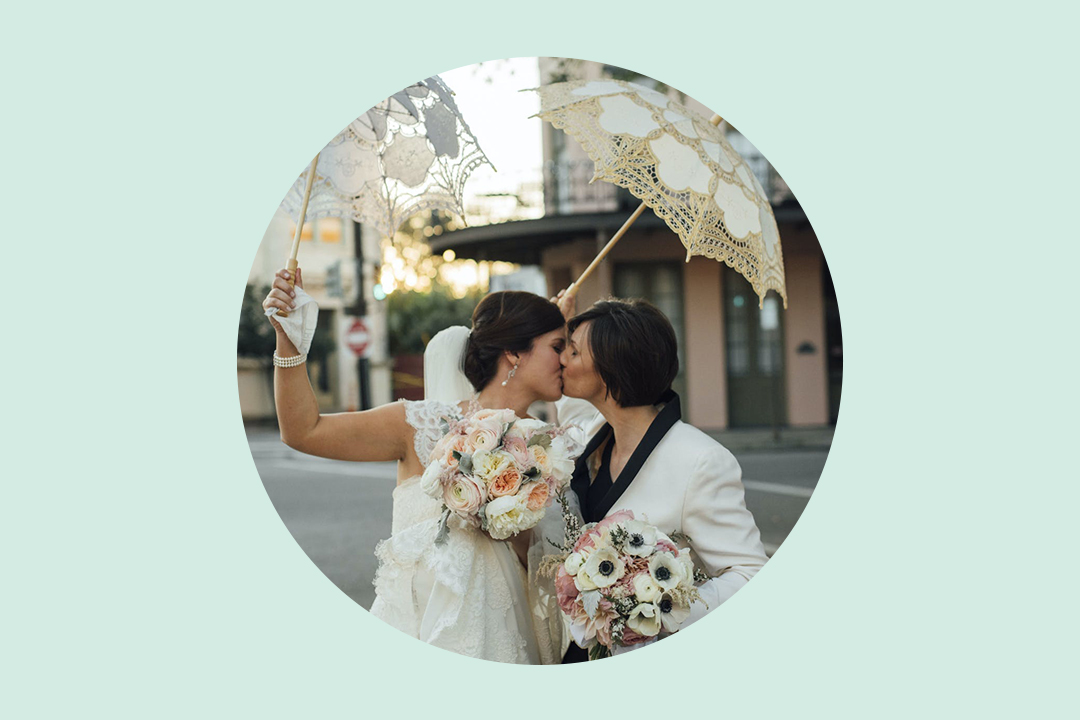
Mardi Gras Wedding Theme: How to Pull Off the Perfect Event
How-To
Get inspiration from the Big Easy for this festive wedding theme. Learn how to rock a Mardi Gras wedding theme with Zola, your very own wedding expert.
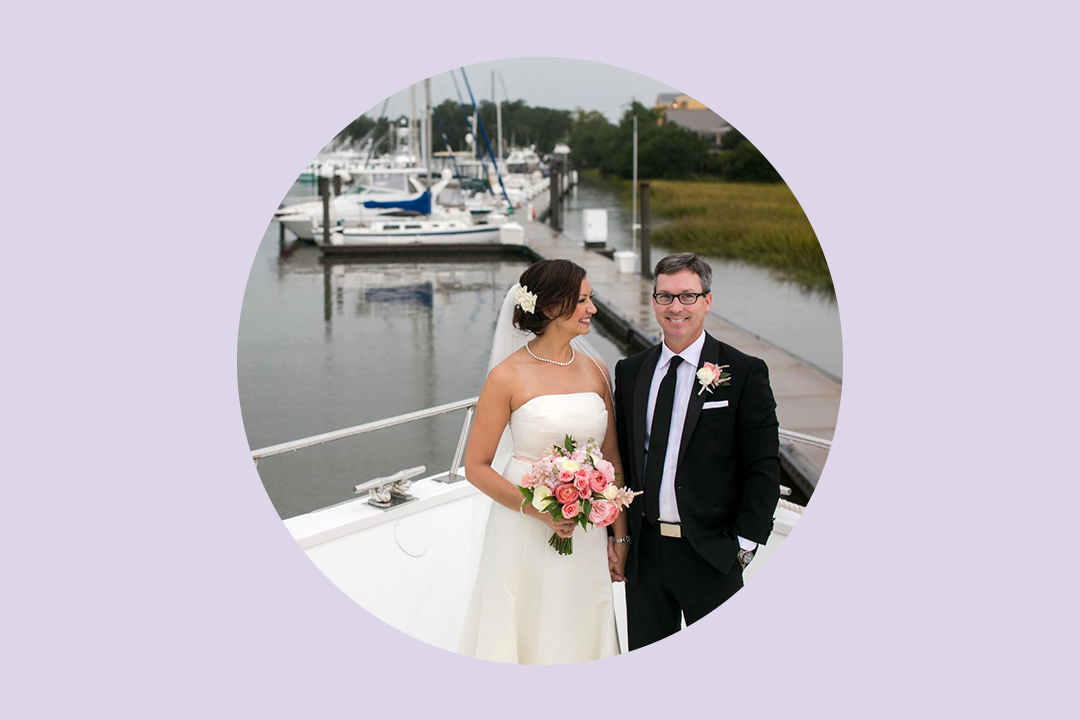
How to Get Married on a Boat and Where to Do It
How To
Getting married on a boat is one of the most unique wedding experiences for you and your guests. Here's how and where you can plan your boat wedding.

Best Bachelor Party Destinations
List
Looking for the best bachelor party destinations? Zola experts are here to help! Here is a list of great bachelor party destinations to help you kick-start your celebration planning.
Featured
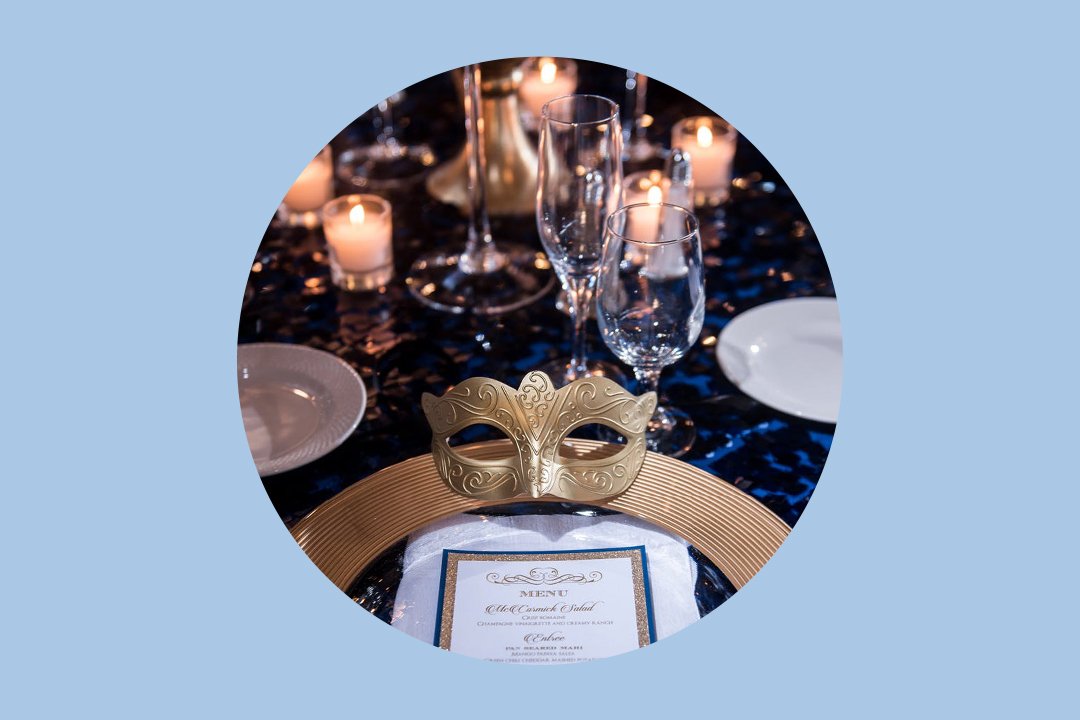
How to Pull Off a Masquerade Wedding
How To
If you’re searching for a unique theme for your wedding, look no further than a masquerade ball. From moody colors to music choice, this guide will show you everything you need to plan a memorable, masked bash.
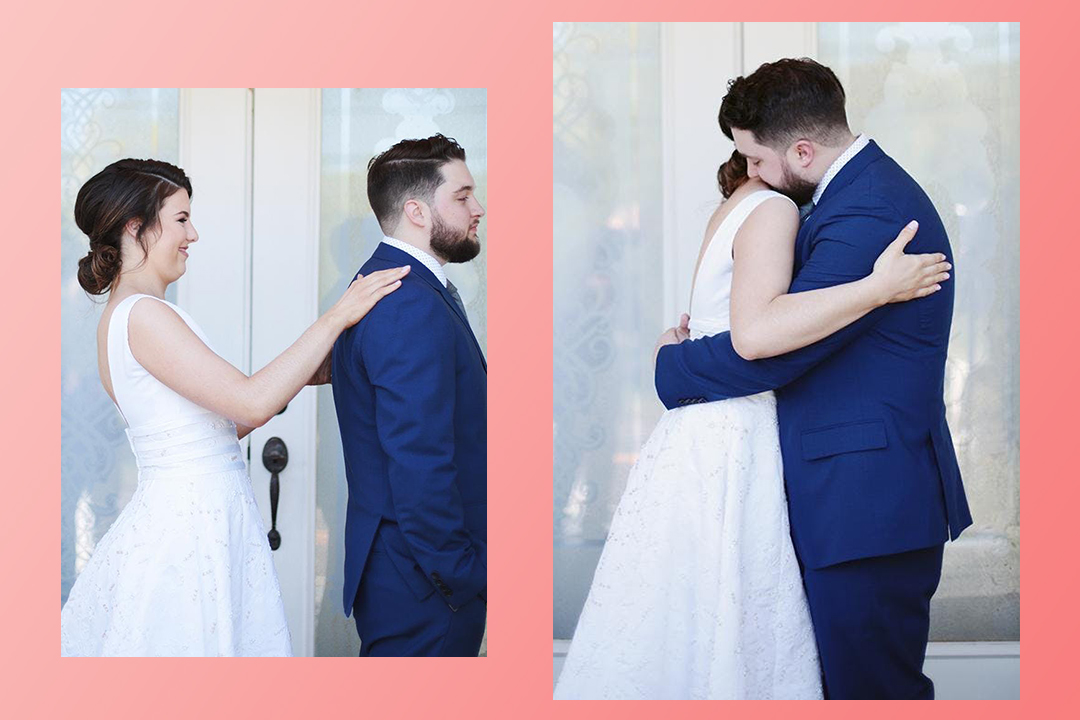
50+ Ideas You Need to Include On Your Wedding Photo Shot List
List
Your wedding photo shot list is basically a checklist for your wedding photographer. Don't forget any of those special moments with our complete guide to your wedding photo list.

The Top Wedding Themes for 2022
List
From romantic and classy, to earthy and rustic, over 3,000 couples weigh in on 2022’s top wedding themes.
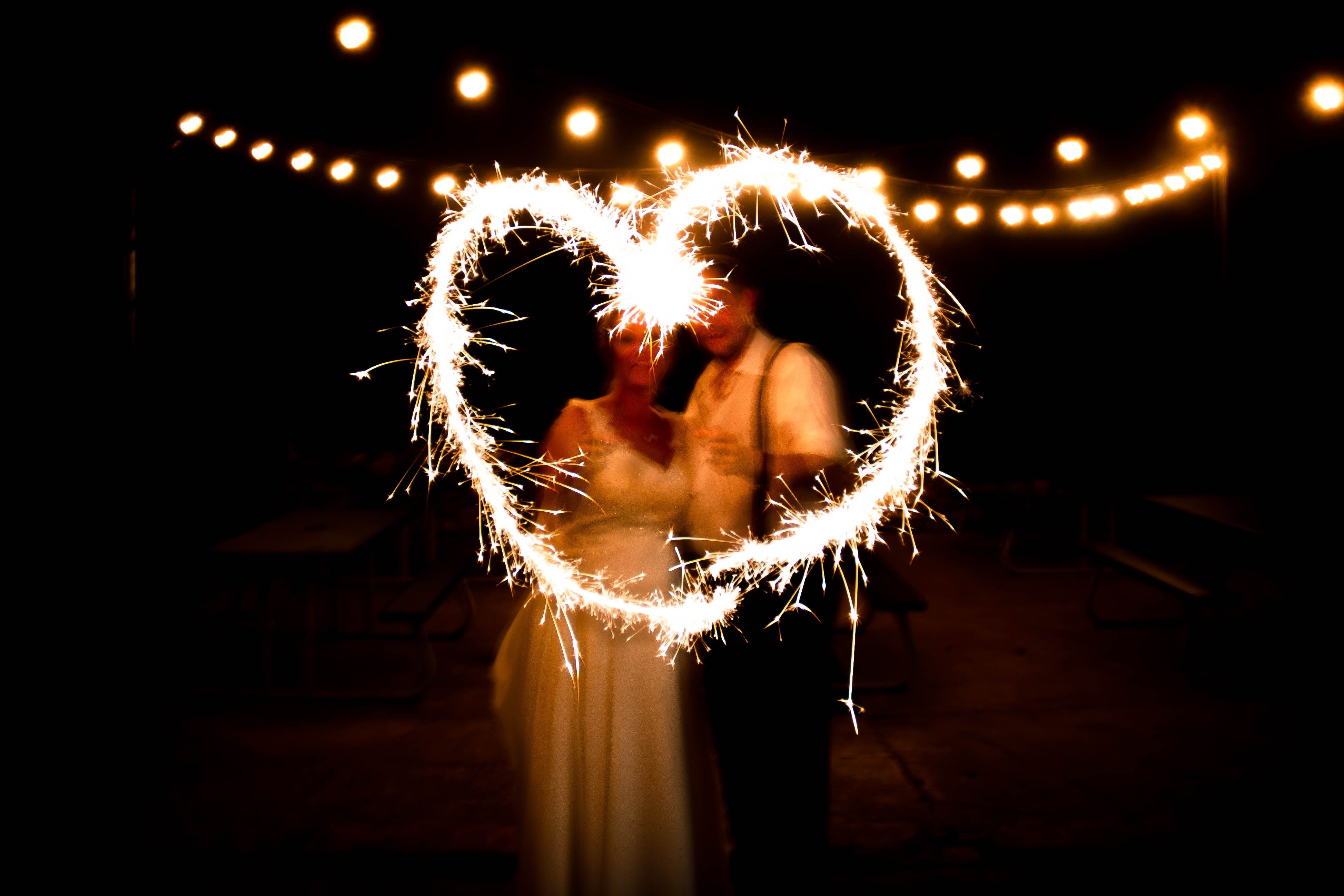
30 of the Best New Year's Eve Wedding Ideas
List
A New Year's Eve wedding = Double the celebration! Read on for our top ideas to pull it all off.
- Expert advice/
- Wedding planning 101/
- Legal/
- How to Get a Marriage License in Louisiana
Find even more wedding ideas, inspo, tips, and tricks
We’ve got wedding planning advice on everything from save the dates to wedding cakes.
